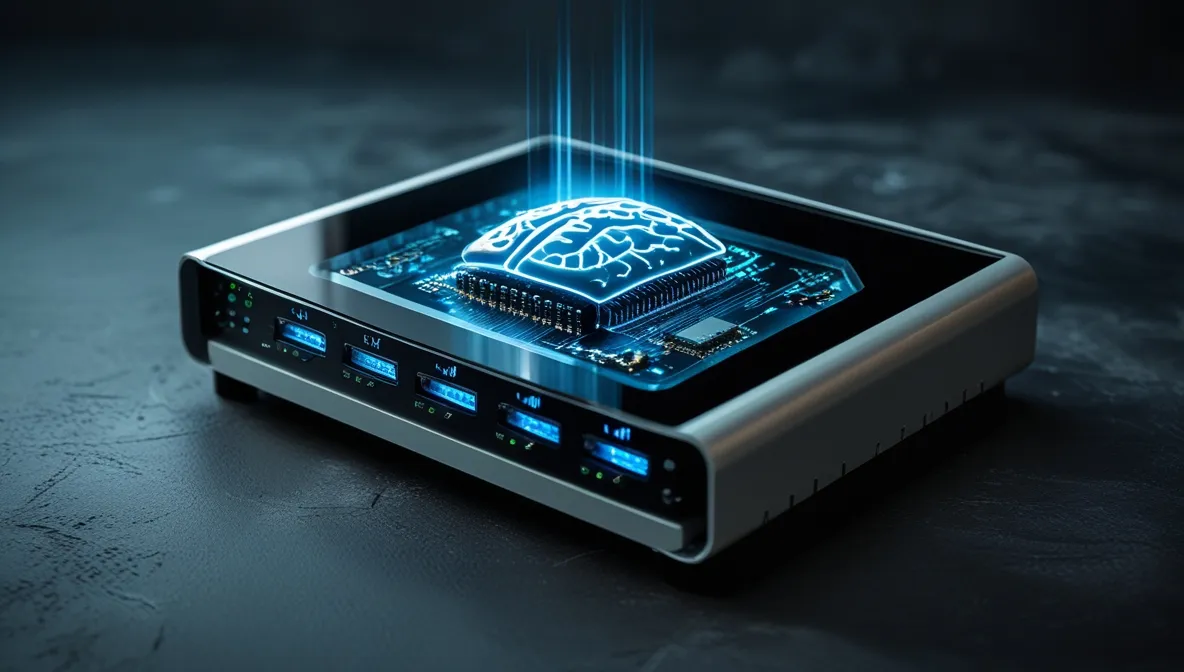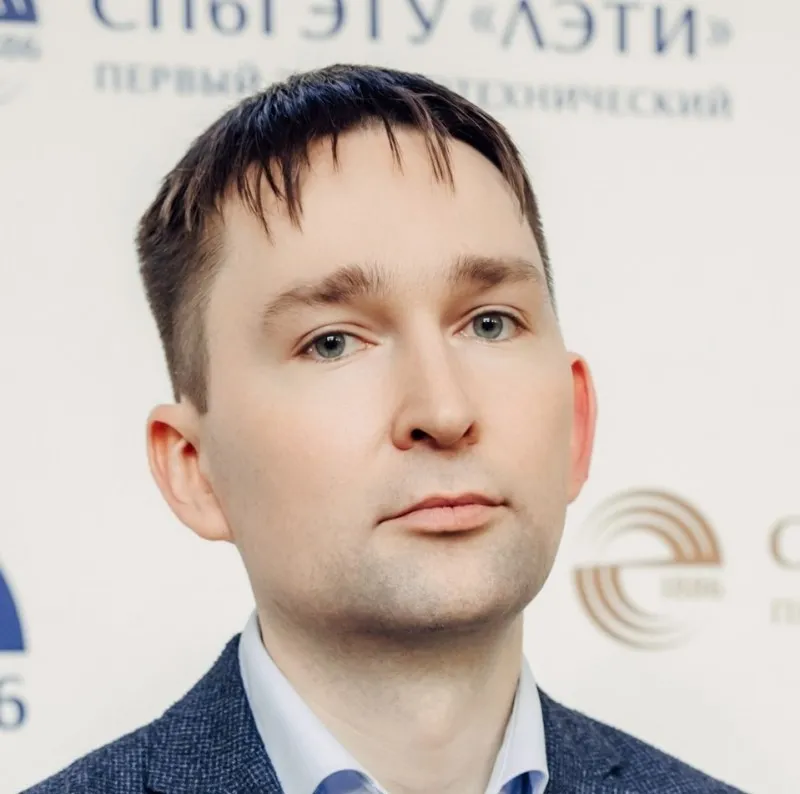Neural Network for Energy: Russian Controller Challenges Traditional Power Grids
Russian researchers have developed a breakthrough intelligent controller that stabilizes autonomous power systems and aligns with global trends toward decentralized energy.

How It Works: Technology Inspired by Nature
Scientists at St. Petersburg Electrotechnical University “LETI” have introduced a next-generation smart controller for industrial power networks—a system designed to prevent voltage fluctuations and synchronize uninterruptible power supplies (UPS) without relying on a central master source.
The core innovation is a mathematical model of self-synchronization, inspired by the way neurons in the human brain coordinate their activity without a single control center. In this architecture, every power source independently generates voltage with predefined parameters and then automatically synchronizes with the rest of the network.

This allows the system to remain stable even in “weak” autonomous grids and makes scaling easy by adding more identical power modules.
The controller solves a critical challenge for remote infrastructure—drilling rigs, Arctic stations, mines, and other sites far from centralized electricity. Such facilities rely on diesel generators and battery systems. If one generator fails and a backup starts, the controller synchronizes voltage between the UPS and the autonomous network within milliseconds. Any delay risks equipment shutdowns, short circuits, or costly failures. The Russian solution minimizes these risks.
Integration Into IT Infrastructure
The technology aligns with global trends in digitalization and Smart Grid design. Its core principles—decentralization, self-synchronization, and system equality—mirror the logic of fault-tolerant IT architectures.
The development is part of a broader effort to create a new generation of energy-efficient domestic UPS systems, offering a strategically important alternative to imported solutions in critical infrastructure. Demand for such solutions is rising worldwide, particularly in countries with large, fragile centralized grids.

Russian Technologies for Reliable Power Supply
LETI’s controller extends a line of Russian innovations aimed at boosting resilience in isolated energy systems.
Russian company NPP SGEP offers modular three-phase UPS units of the Sirius-M series with hot-swappable power modules—up to 30—improving reliability through decentralized architecture.
Another domestic producer, Inform, uses specialized algorithms for seamless synchronization with diesel generators—critical for smooth load transfer and preventing outages. Unlike LETI’s self-synchronizing model, these systems still rely on modified master–slave architectures. The new controller introduces a fundamentally more flexible and failure-resistant approach.

From Patent to Production
The LETI controller is now patented, with testing and pilot deployments planned across Russian industrial sites. In the medium term, it may be integrated with digital monitoring and analytics platforms, becoming a key component of future resilient and adaptive energy systems.










































